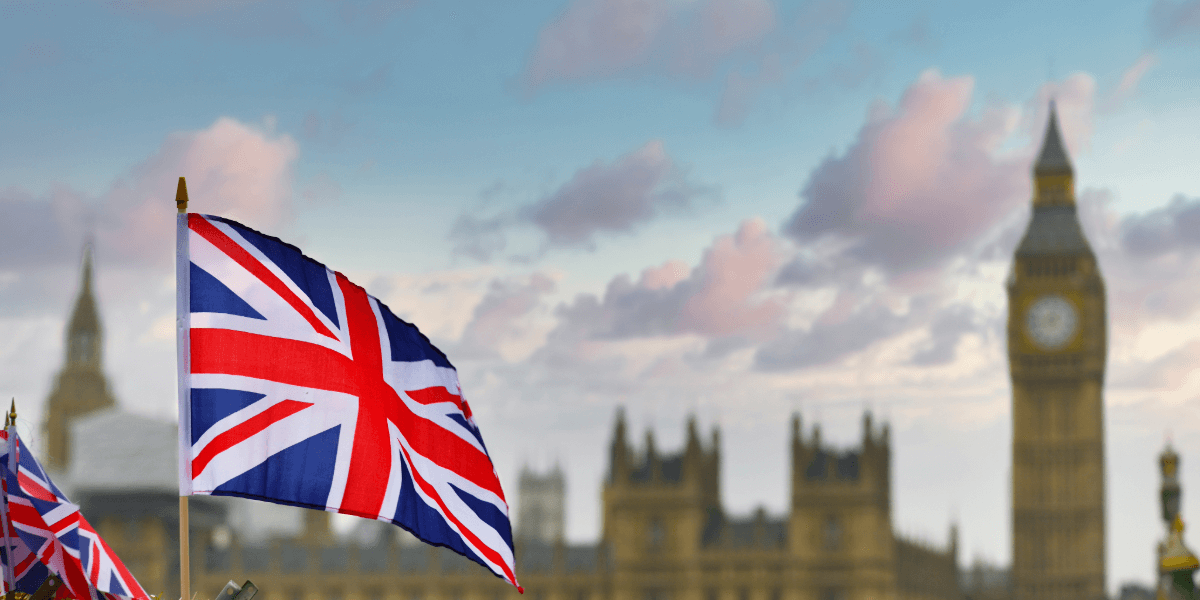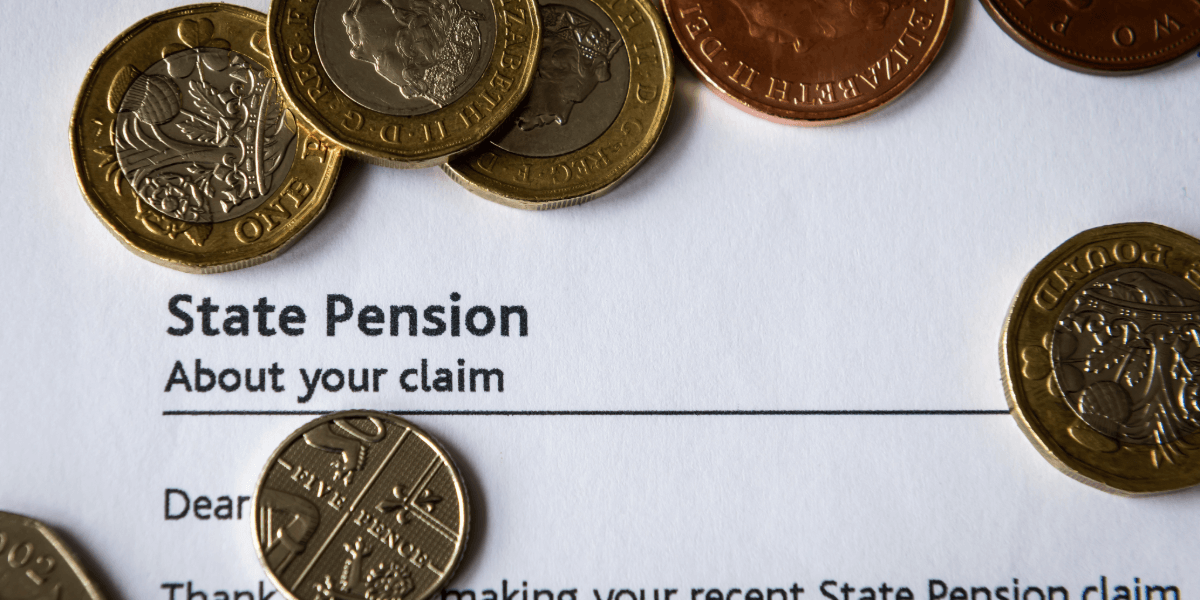Labour vs Conservatives: Key Policies Leading Up to the UK General Election
Posted by Emma on 26th May 2024 Reading Time:
On a rainy May afternoon in Whitehall, Prime Minister Rishi Sunak surprised many by announcing a general election for July 4. This decision was influenced by a recent slowdown in inflation to just above the Bank of England's target. This set the stage for a fierce political battle between the Conservatives and Labour.

As we approach the 2024 General Election, our goal at Ceres is to provide a comprehensive overview of the major political parties' key policies and positions while maintaining a nonpartisan stance. This article will explore the Labour and Conservative parties' primary economic and social policies, offering insights into their potential impacts on businesses and the broader economy.
In future articles, we will examine the statements of both the major and minor parties and delve deeper into how these policies specifically affect Ceres as a business and the hospitality industry that we supply. Our commitment is to provide balanced and objective analysis to help our readers navigate the potential changes and challenges ahead.
Economic Stability and Policies
Economic stability is a central theme for both parties following the UK's severe cost-of-living crisis. Sunak's decision to call the election after UK inflation slowed to 2.3% was strategic. In his Downing Street speech, he highlighted recent economic growth and inflation figures, asserting, "This is proof that the plan and priorities I set out are working." He framed the upcoming election as a choice for Britain's future, contrasting the Conservatives' experience with Labour's alleged lack of a concrete plan.
Polling, however, indicates a shift in public trust towards Labour regarding economic management. Politico says the public trusts Labour more with the economy than the Conservatives. This presents a significant challenge for Sunak's party, traditionally seen as the steward of economic stability.
Labour leader Keir Starmer has been critical of the Conservatives' economic record, particularly highlighting the chaos caused by former Prime Minister Liz Truss's mini-budget. Starmer promises to "reset" the economy to better serve working people, sticking to "tough spending rules" to keep taxes, inflation, and mortgage rates low. However, funding public services while maintaining economic discipline remains a significant challenge for Labour.
National Insurance and Tax Policies
National Insurance has been a focal point of Conservative economic policy, with Chancellor Jeremy Hunt cutting the levy twice within six months. If the Conservatives win the election, they might scrap National Insurance entirely. Hunt stated, "If we can afford to go further responsibly to reduce the double tax on work this autumn, that is what I will do."
However, the Office for Budget Responsibility (OBR) reported that borrowing in April was slightly above forecast, raising concerns about funding further tax cuts. Danni Hewson, head of financial analysis at AJ Bell, commented, "If you cut the amount of National Insurance workers are paying into government coffers, it stands to reason that shortfall will have to be made up somewhere."
Labour has criticised Hunt's stance, emphasising that a significant portion of National Insurance funds social security and pensions, as well as the NHS. Labour argues that unfunded tax cuts threaten essential services and could delay retirement for millions of people.

The State Pension Triple Lock
The state pension triple lock, which ensures annual pension increases based on inflation, average wages, or 2.5%, is a crucial issue for both parties. The triple lock has been expensive, especially amid high inflation, but it is politically sensitive, particularly among older voters.
Both the Conservatives and Labour have pledged to maintain the triple lock. Kate Smith, head of pensions at Aegon, emphasised the need for "concrete commitments" regarding the triple lock's future. Alice Guy, head of pensions and savings at Interactive Investor, added, "Any changes will need to be announced and communicated well in advance so that people know what to expect and have time to plan ahead."

Labour's Pledges on Public Services
Labour's pre-election pledges include significant investments in public services. Starmer has promised to cut NHS waiting lists by providing 40,000 more evening and weekend appointments each week and to recruit 6,500 new teachers. These initiatives will be funded by cracking down on tax avoidance and non-doms. However, the feasibility of these funding sources remains uncertain.
Susannah Streeter, head of money and markets at Hargreaves Lansdown, expressed doubts, saying, "Labour's determination to be seen as economically credible may limit its ability to make immediate inroads into fulfilling its other central pledge of saving the NHS."
Education and Private School Fees
Labour plans to end tax breaks for private schools and charge VAT on fees to fund the recruitment of new teachers. Critics argue that this could lead to higher costs and an influx of students into the state system, potentially straining resources. Julie Robinson, chief executive of the Independent Schools Council (ISC), warned, "Independent education would be altered irrevocably without a single penny being raised for state education."

Pensions and Retirement Savings
Pensions are a contentious issue, especially the lifetime allowance, which was scrapped by the Conservatives but may be reinstated by Labour. Helen Morrissey, head of retirement analysis at Hargreaves Lansdown, noted that such policy uncertainty adds unnecessary complexity to long-term financial planning.
Labour has also promised a detailed review of the pensions and retirement savings landscape to ensure better returns for savers and to encourage investment in UK assets. This initiative aims to address current barriers pension schemes face and foster a more investment-friendly environment.
Housing Policies
• Conservative Position: The Conservatives have proposed initiatives to tackle housing shortages, affordability, and homelessness. These include building more homes and supporting first-time buyers through schemes like Help to Buy.
• Labour Position: Labour plans to increase the availability of social housing, implement rent controls to protect tenants, and reform the housing market to make homes more affordable for everyone.
Healthcare Beyond the NHS
• Conservative Position: The Conservatives emphasise innovation in healthcare, including investments in medical technology and infrastructure improvements to enhance patient care.
• Labour Position: Labour's broader health policies include expanding mental health services, improving social care, and comprehensively addressing public health issues.

Childcare and Support for Working Families
The Conservatives have extended free childcare to two-year-olds, with plans to cover younger age groups by 2025. Labour has committed to maintaining this policy if they win the election. This measure is seen as a significant relief for working parents. However, concerns about staffing and hidden costs affect its implementation.
Energy and Environmental Policies
Labour intends to set up a publicly owned clean energy company funded by a windfall tax on oil and gas companies. This initiative aims to reduce energy bills and boost energy security. The Conservatives currently have a temporary windfall tax in place, but Labour proposes increasing it to fund its green energy plans.
Rail Services and Infrastructure
Labour has pledged to renationalise almost all passenger rail services within five years, introducing automatic refunds for train delays and ensuring the best fare guarantees. This move is part of Labour's commitment to improving public infrastructure and services.

Technology and Innovation
• Conservative Position: The Conservatives are focused on supporting tech startups, improving digital infrastructure, and fostering innovation to maintain the UK's competitive edge.
• Labour Position: Labour plans to boost technological advancement, support digital transformation in businesses, and enhance data privacy regulations.
Labour Market and Employment
• Conservative Position: The Conservatives aim to reform labour laws, support small businesses, and tackle unemployment through various initiatives and support schemes.
• Labour Position: Labour is committed to enhancing workers' rights, increasing the minimum wage, and creating job opportunities through targeted investment in public and private sectors.
Brexit and Foreign Policy
• Conservative Position: The Conservatives focus on securing post-Brexit trade deals, implementing strict immigration policies, and strengthening international relations.
• Labour Position: Labour aims to re-engage with the EU, adopt a more flexible immigration policy, and promote international cooperation on various global issues.
Conclusion - The upcoming general election presents a stark choice between the Conservatives and Labour's economic and social policies. Both parties have made significant promises, and their ability to deliver on these will be crucial in shaping the UK's future.

